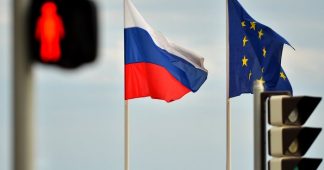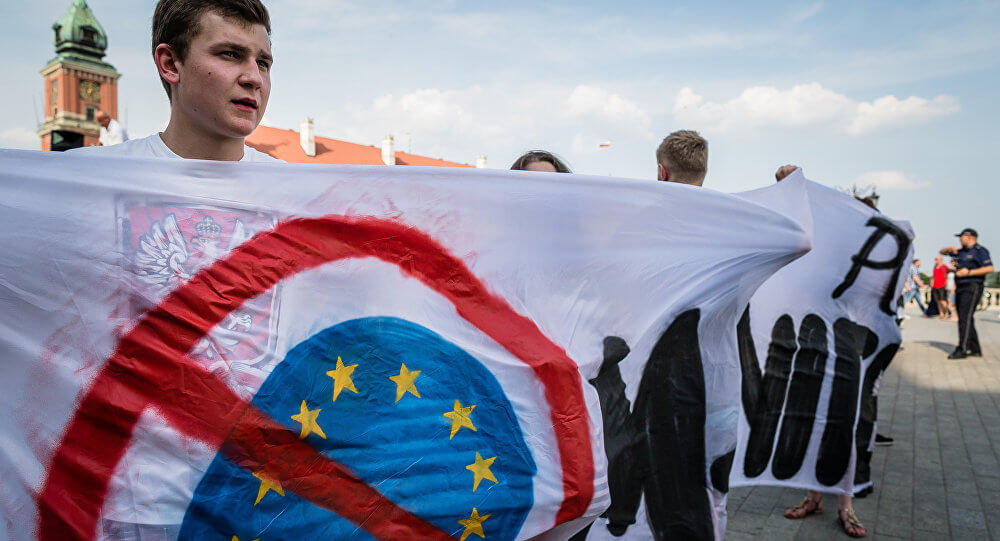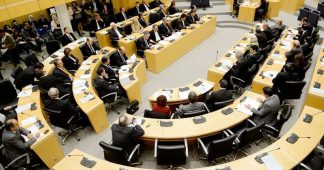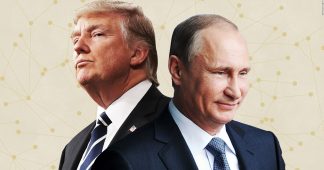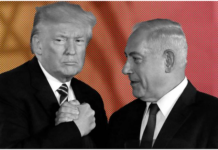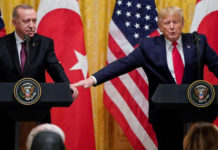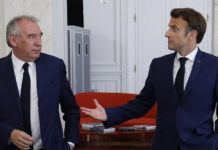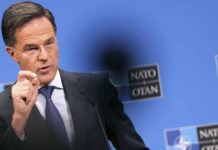EU Fails to Blame Russia for Nerve Gas Attack
Βυ Alex GORKA
22.03.2018
EU foreign ministers have expressed solidarity with the UK but failed to take the final step. They have fallen short of offering their unanimous support for the allegations that Russia was behind the Salisbury spy poisoning. Moscow is being urged to answer London’s questions. Brussels will keep a close eye on the issue, but its statement does not accuse Moscow of guilt. No punitive measures have been agreed upon. Although Western “unity” receives its usual praise, in reality the bloc has once again been split.
Prior to that meeting, German Foreign Minister Heiko Maas had called Russia “a difficult partner,” but also noted that “dialog” with Moscow ought to continue. According to him, it was up to Moscow and London to sift through the details of the evidence “bilaterally.” Greece objected to the allegations that Russia was responsible. It asked for watertight evidence. Austrian Foreign Minister Karin Kneissl stated that the accusations against Russia were premature. Vienna did not back London at the meeting. Spain’s Alfonso Dastis stressed the need for more evidence before reaching conclusions. He believes the EU should wait until the OPCW conducts a thorough examination of all elements involved.
The new Italian government wants the sanctions on Russia eased or lifted. It has economic reasons to justify such a stance.
Austria’s government strongly advocates doing away with the sanctions and launching a constructive dialog with Moscow. Spain, Greece, and Cyprus also see the sanctions on Russia as a problem.
At the same time, some EU members turned out to be more British than the British themselves. Despite not being directly involved in the dispute, Warsaw has announced its readiness to expel Russian diplomats and introduce its own sanctions against Moscow. It has deprived its own footballers of the chance to play in the World Cup games that will be held in Russia this year. That’s a move that’s unlikely to make any athletes or fans happy, but that’s what the government has done.
And the reason for such unfriendly moves? Forget about the Polish football fans and businesses that will be hurt by the sanctions. There are more important issues driving Poland’s aggression toward Russia. Warsaw wants to express its solidarity with London. It needs no evidence whatsoever to support its accusations. It does not even want to wait a couple of weeks until the OPCW finishes the investigation.
It does need evidence because the Polish government is always happy to attack Russia, whatever the pretext. But it’s far from being delighted about becoming the first member state in EU history to face sanctions in accordance with article 7.1 of the EU treaty for establishing political control of its courts and judges. There is a good chance that this spring Poland will no longer qualify as an EU member state — something never seen before in the EU’s 61-year history. Poland is the one EU member that is putting the bloc at risk of falling apart.
Add to this the problem of Hungary, another bloc member that is clashing with the European Commission on issues ranging from migration to the rule of law.
The UK gets vigorous support from outside the EU. Georgian President Giorgi Margvelashvili is calling for a common front against Russia. He wants the West to wake up to what he calls the Russian security threat. The Georgian leadership’s desire to obtain EU and NATO membership is so strong that it also needs no evidence. It is much more pro-Western than the leading European nations that have a long history of membership in the organization.
It did not take Ukraine long to unconditionally back the UK and call for a boycott of the World Cup. It is even offering its help in the investigation. Kiev is ready for anything, except rolling up its sleeves and redoubling its efforts to fight the problem of corruption and inefficiency that is turning Ukraine into a cumbersome burden for the West.
On March 19, the EU failed to blame Moscow for the spy poisoning in the UK. Nor could it reach an agreement regarding President Putin’s re-election. The EU disagreements over the Nord Stream gas pipeline project have heated up recently. Does such a thing as European unity exist? Is there a single issue the EU members see eye to eye on? If so, Russia clearly isn’t it. The EU FMs’ meeting on March 19 once again showed that “the West vs. Russia” paradigm does not exist.
